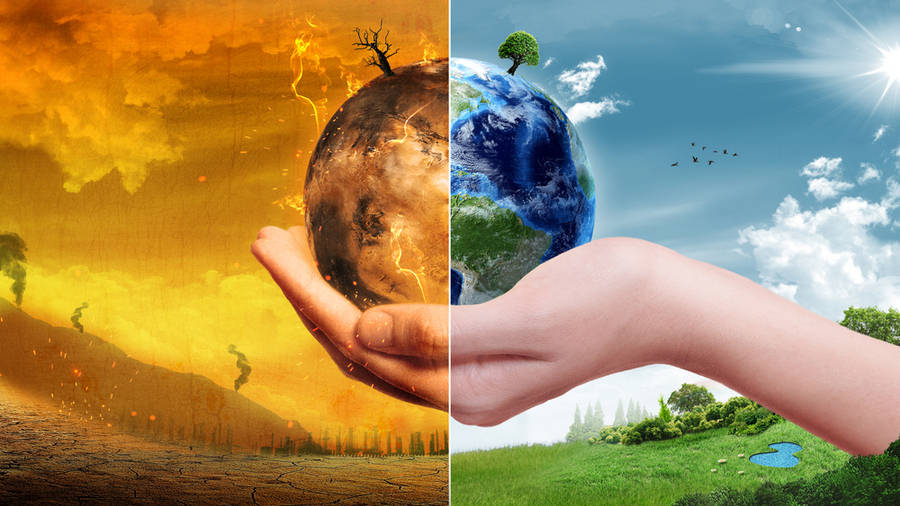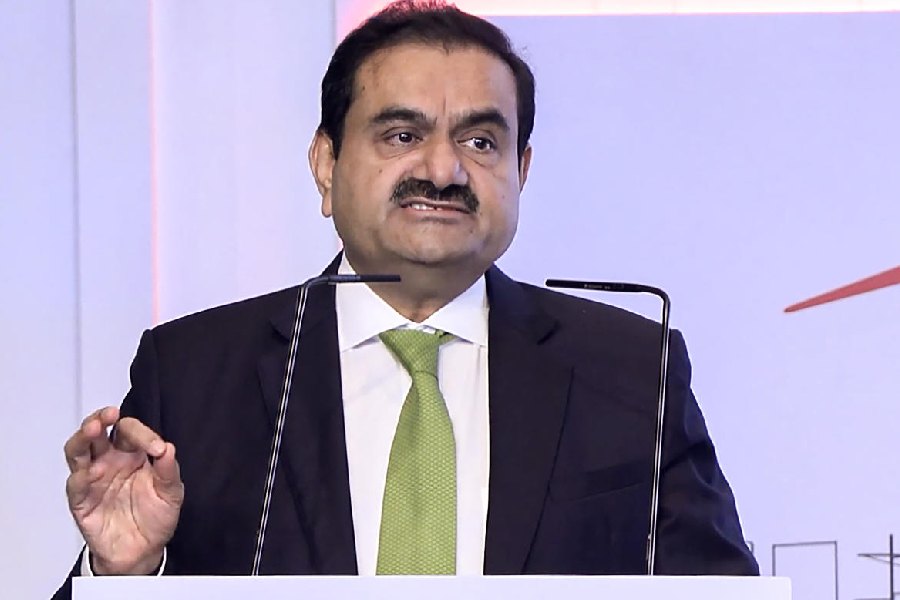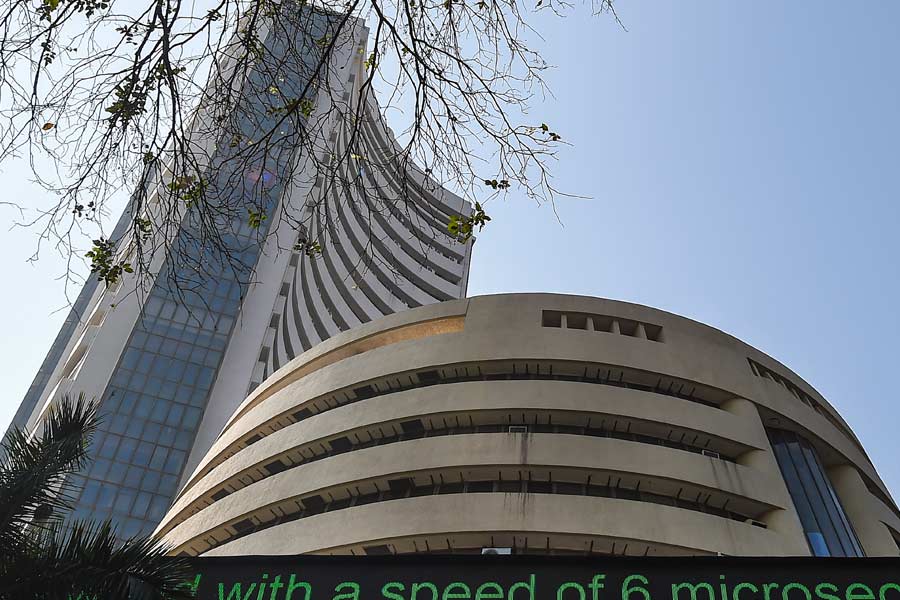The world’s greenhouse gas emissions will fall by only 7.5 per cent by 2030 under currently pledged national emission-lowering actions, instead of 30 per cent required to limit global warming to 2 degrees Celsius, a United Nations agency said on Tuesday.
Updated nationally determined contributions (NDCs) — voluntary pledges by countries under the 2015 Paris climate agreement — up to 2030 will place the world on track for a global temperature rise of 2.7°C, the UN Environment Programme said in its annual emissions gap report.
The report also said India is among the several other group of 20 (G20) countries — Argentina, Brazil, China, Indonesia, Mexico, Russia and Saudi Arabia — which are expected to release more Earth-warming emissions during 2030 than they did in 2010.
Scientists have warned for years that the Earth is already experiencing the impacts of global warming such as unprecedented heat waves, extreme weather events, fiercer storms. But the global temperature rise would need to be capped below 2°C to avert even more devastating impacts resulting from large sea level rises and mass melting of glacial ice.
The UNEP report — released ahead of a UN climate conference that starts on October 31 in Glasgow, UK — said global emission reductions of 30 per cent by 2030 are needed to cap global warming at 2°C and 55 per cent to keep the temperature rise within 1.5°C.
“We have eight years to almost halve greenhouse gas emissions to stand a chance of limiting global warming to 1.5°C,” Inger Anderson, executive director of the UNEP, said in a media release. “Eight years to make plans, put in place policies, implement them and deliver the cuts.”
The UNEP said G20 members as a group are not on track to achieve their original or new 2030 pledges. But India is among 10 G20 members (Argentina, China, EU, India, Japan, Russia, Saudi Arabia, South Africa, Turkey and the UK) likely to achieve their original NDC targets under current policies.
Among these countries, India, Russia and Turkey are projected to reduce their emissions to levels at least 15 per cent lower than their previous unconditional NCD emission targets, the report said.
India in its original NDC had pledged to increase the share of non-fossil fuels in primary electricity production to 40 per cent and reduce its emissions per gross domestic product by 33 to 35 per cent by 2030 from its 2005 levels.
The per capita emissions vary significantly across G20 countries. India’s per capita emissions are about half the G20 average, while Saudi Arabia’s is three times higher.
India has during climate change negotiations consistently asserted that while New Delhi would pursue domestic actions to curb emissions, the developed countries need to accelerate their own actions and support developing nations with finance and technology for clean energy.
The UNEP’s Anderson acknowledged that position on Tuesday saying developing countries need financial and technological support to enable them “to adapt to the impacts of climate change and set out on a low-emissions growth path”.










